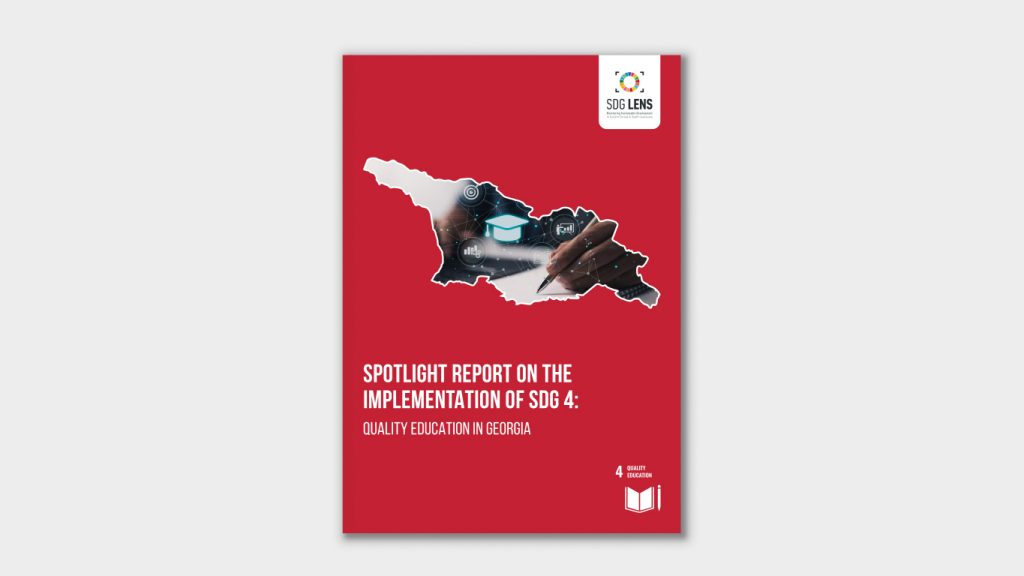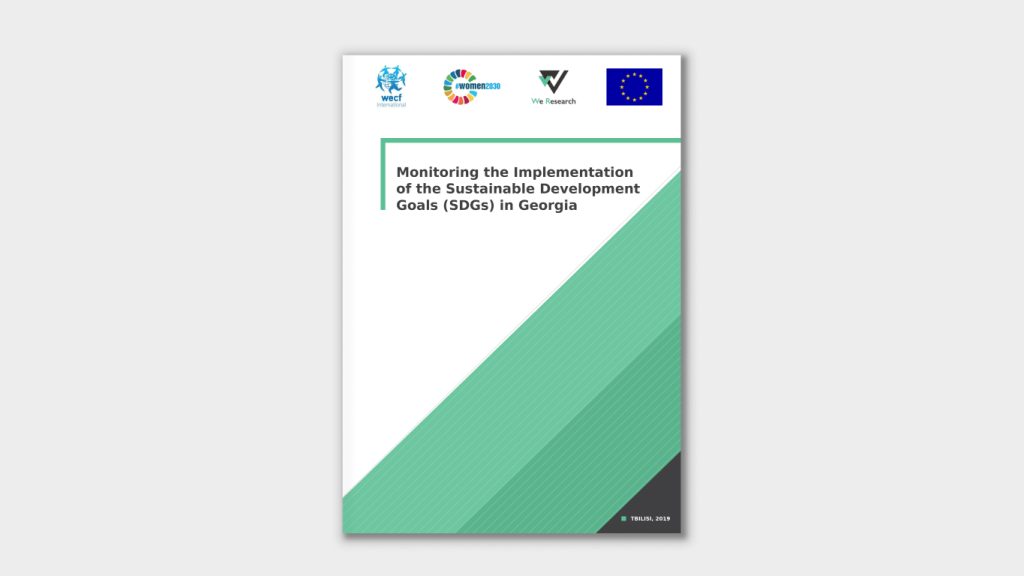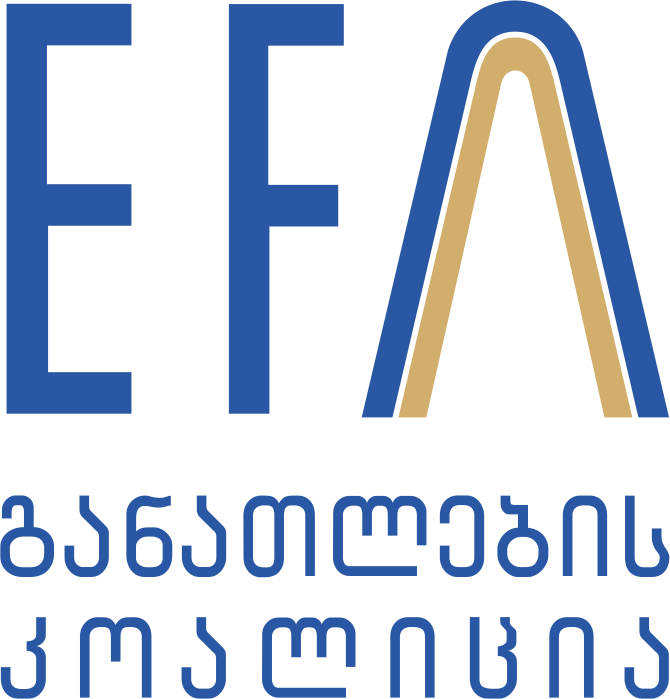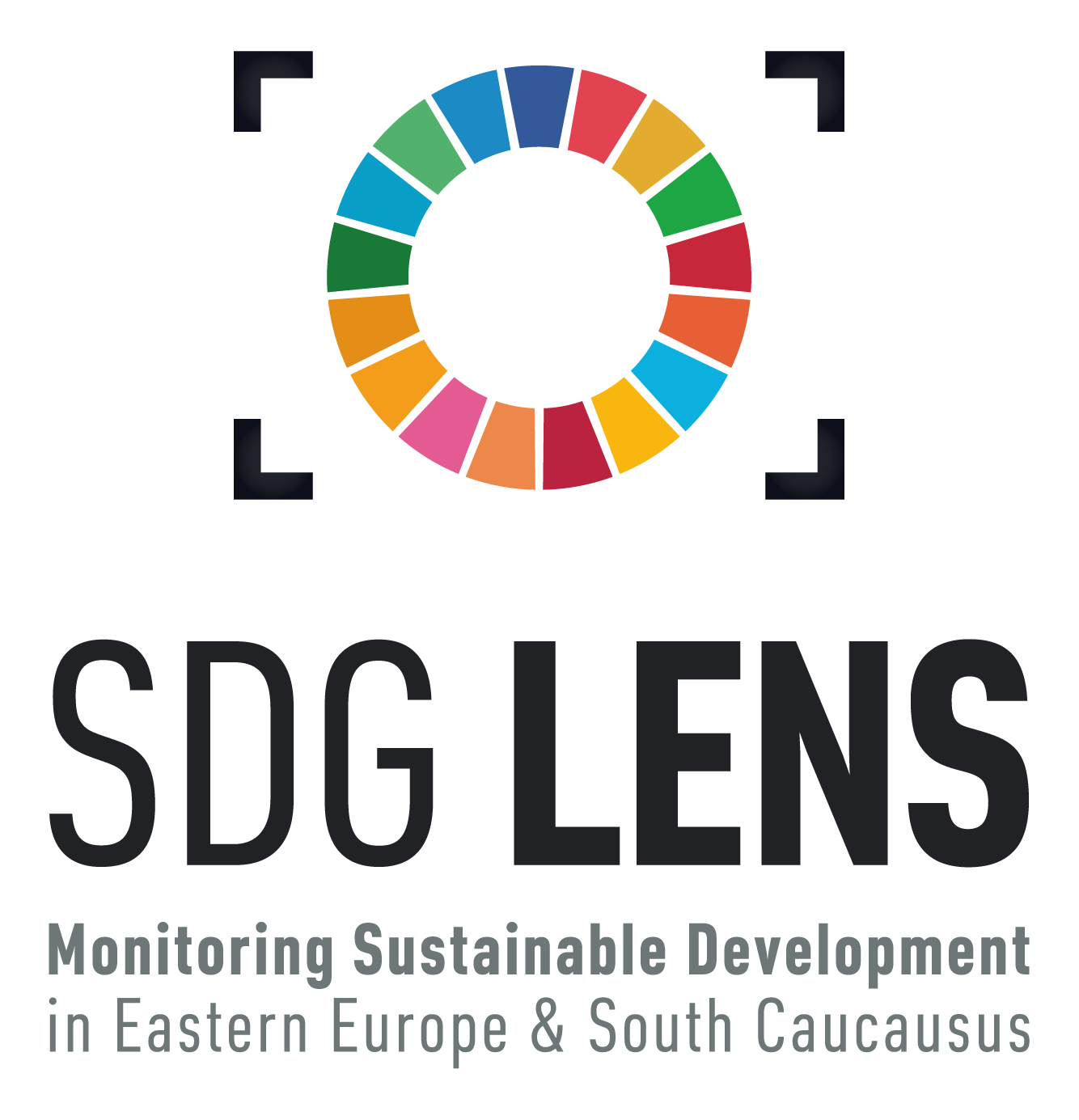Sustainable Development Goals in Georgia
In 2015, Georgia and all other UN member states committed to implementing the Sustainable Development Goals and targets for 2030. To reflect the national priorities, the Administration of the Government of Georgia created the Sustainable Development Goals National Document. The document identifies all 17 Sustainable Development Goals and 93 targets as national priorities, describes the timeframe for implementation of each of the sectoral targets, and defines the baseline and target values of 200 indicators (for 2030).
An important body for the advancement of the national SDG targets is the Sustainable Development Goals Inter-Agency Council (SDG Council). The task of the SDG Council is to facilitate the implementation of the SDGs and monitor their achievement. It is chaired by the Head of the Administration of the Government of Georgia and is accountable to the Prime Minister of Georgia.
The SDG Council consists of four thematic working groups:
- Social Inclusion
- Economic Development
- Sustainable Energy and Environmental Protection
- Democratic Governance
These thematic groups have been delegated to the respective ministries – the Georgian Ministry of Internally Displaced Persons from the Occupied Territories, Labor, Health and Social Affairs, the Georgian Ministry of Economy and Sustainable Development, the Georgian Ministry of Environmental Protection and Agriculture and the Ministry of Internal Affairs. UN agencies and other national and international organizations co-chair the working groups to ensure an inclusive process.
Since the adoption of the SDGs at the national level, some of the biggest challenges have been related to linking data and policy, localization and participatory governance through the involvement of CSOs and other stakeholders:
Data and policy linkages
One of the main criticisms of the Sustainable Development Goals National Document was that it needs to be more adapted to the Georgian context and reality. In other words, both the targets and the indicators should be context-specific, relevant and ambitious (e.g. in some cases the baseline indicators are already met). In addition, many of the indicators are not linked to or reflected in the state’s strategies or action plans. Finally, disaggregated and regularly updated statistical information remains a challenge for evidence-based policy making.
Localization
Local authorities are only mentioned four times in the national SDG Document. This means that localizing the SDGs is still a major challenge, and local authorities’ engagement in the processes and their awareness are still very limited.
Inclusion
The VNR documents show that the process of drafting the Voluntary National Reports (VNR) was inclusive and that the VNRs were prepared in close cooperation with the thematic working groups of the SDGs Council. However, it should be noted that from 2016 to 2023, only a few meetings took place between the thematic working groups, Council members or other stakeholders on these topics. Furthermore, the meetings are rather formal and one-off in nature, without the necessary time for discussion and arguments put forward by the decision-makers.
Voluntary National Reviews
Georgia has presented two Voluntary National Reports on the implementation of the Sustainable Development Goals in 2016 and 2020. According to the VNRs, considerable progress has been made in achieving the SDGs. However, major gaps remain, particularly in employment and youth employment, environmental issues such as the fight against pollution and contamination, and social issues such as gender inequality. According to the VNRs, one of the biggest problems and obstacles to achieving the SDGs is the occupation of Georgian territories by Russia, which continues to pose an existential threat to Georgia’s statehood.





